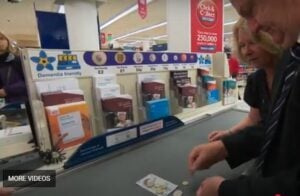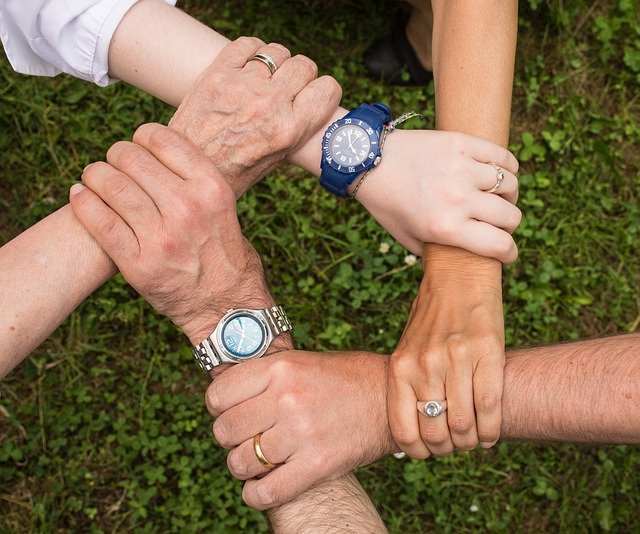How do sexuality, behavior and cognition interact in Alzheimer’s? Researchers designed a study to find out. Here are 3 results.
Experts agree that we know very little about sexuality among people living at home with Alzheimer’s or other cognitive problems. Older adults who have cognitive problems that impact the way they think and make decisions may ask physicians to help managing sexual problems. And caregivers may ask physicians about sexuality in the older adults for whom they provide care.
To learn more about the connection between sexuality and cognitive status, researchers designed a new study. They analyzed data from the National Social Life, Health, and Aging Project to learn more about the relationship between sexual behavior, function, and cognition (people’s ability to think and make decisions). Their study was published in the Journal of the American Geriatrics Society.
Based on their study, the researchers reported that:
Based on their study, the researchers reported that:
- 83 percent of men and 57 percent of women had an intimate partner. The more impaired participants’ abilities to think and make decisions were, the less likely they were to have an intimate partner.
- Women with lower cognitive scores were less likely than men with lower cognitive scores to have intimate partners.
- More than 1 in 10 people living with a partner reported feeling threatened or frightened by a partner. This finding was similar among women and men and across different levels of cognitive problems.
Experts and guidelines call on physicians to screen for elder abuse (the mistreatment of older people, which can take many forms, including physical, emotional, and sexual abuse, financial exploitation, and neglect), including sexual abuse, but definitions of abuse and standards of consent for sex vary widely.
The researchers suggested that these findings can inform improved counseling, treatment, and person-centered decision-making by physicians and other healthcare providers caring for people with dementia or Alzheimer’s disease.
-
This summary is from “Sexuality and Cognitive Status: a U.S. Nationally-Representative Study of Home-Dwelling Older Adults.”
It appears online in the Journal of the American Geriatrics Society. The study authors are Stacy Tessler Lindau, MD, MAPP; William Dale, MD, PhD; Gillian Feldmeth, BS; Natalia Gavrilova, PhD; Kenneth M. Langa, MD, PhD; Jennifer A. Makelarski, PhD, MPH; and Kristen Wroblewski, MS.











